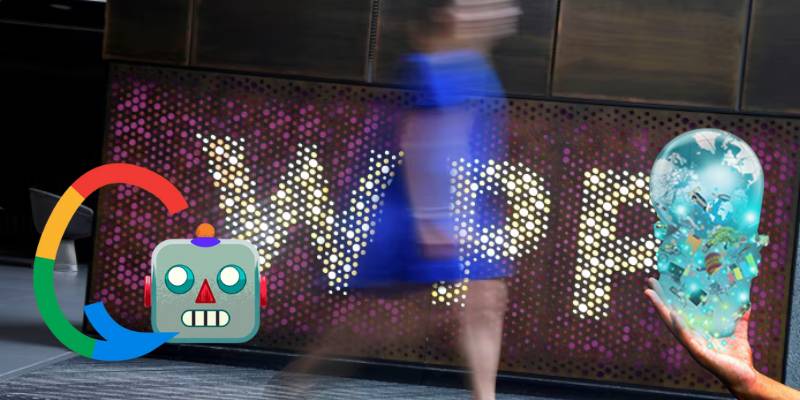WPP is making one of the boldest bets in its history — a $400 million partnership with Google that could redefine how marketing works in the age of artificial intelligence.
The five-year deal gives WPP access to Google’s most advanced models, including Gemini and the video-generation tool Veo, as detailed in reports about the new partnership.
It’s not just a licensing arrangement — it’s a signal that the world’s largest ad agency intends to rebuild its creative processes from the ground up.
The idea is simple but radical: instead of brainstorming ads the old-fashioned way, WPP wants to generate, test, and refine campaigns in real time.
The company says this will let marketers produce personalized content faster, at scale, and with sharper targeting than traditional methods ever allowed.
With Gemini’s predictive capabilities powering audience insights and Veo’s video engine handling dynamic visuals, WPP could turn the usual six-week production cycle into six hours — a move that would have sounded like marketing science fiction a few years ago.
Of course, this isn’t WPP’s first dance with AI. Back in 2024, the company made waves when it invested directly in Stability AI to explore generative image and video creation.
The move was seen as a precursor to a more integrated, AI-centric strategy, and now, that bet seems to be paying off.
By merging Stability’s creative tools with Google’s vast model ecosystem, WPP is positioning itself at the crossroads of art and algorithm — a place where brand storytelling meets machine precision.
The leadership shift at WPP is another story worth noting.
Cindy Rose, the new CEO and former head of Microsoft UK, took the reins after Mark Read stepped down amid growing pressure to modernize the company’s AI capabilities, as recounted in coverage of WPP’s executive shake-up.
Rose brings a tech-first mindset that’s rare in advertising — she’s as comfortable talking neural networks as she is creative briefs — and that might be exactly what WPP needs to stay relevant.
Interestingly, this deal also comes at a time when Publicis Groupe publicly ruled out acquiring Dentsu’s international unit, choosing instead to double down on organic growth and data-driven AI marketing platforms, according to industry reports on Publicis’ strategic decision.
It’s a clear reminder that consolidation isn’t the only path forward — partnerships, like WPP’s with Google, may be the smarter way to keep pace.
But there’s an elephant in the room: will creative work lose its soul when algorithms start pitching the ideas? That’s the tightrope agencies are walking.
While AI can churn out hyper-personalized ads, it risks making brands sound eerily similar — polished, persuasive, but strangely hollow.
As WPP pushes deeper into automation, its biggest test won’t be in how much time or money it saves, but in whether it can prove that human imagination and machine intelligence can coexist without one dulling the other.
If this works, though? Expect a domino effect. Agencies that once scoffed at “AI-made creativity” will be scrambling to ink their own partnerships.
Because in this new advertising landscape, where every millisecond of user attention counts, being merely creative might not be enough anymore — you have to be algorithmically creative.

